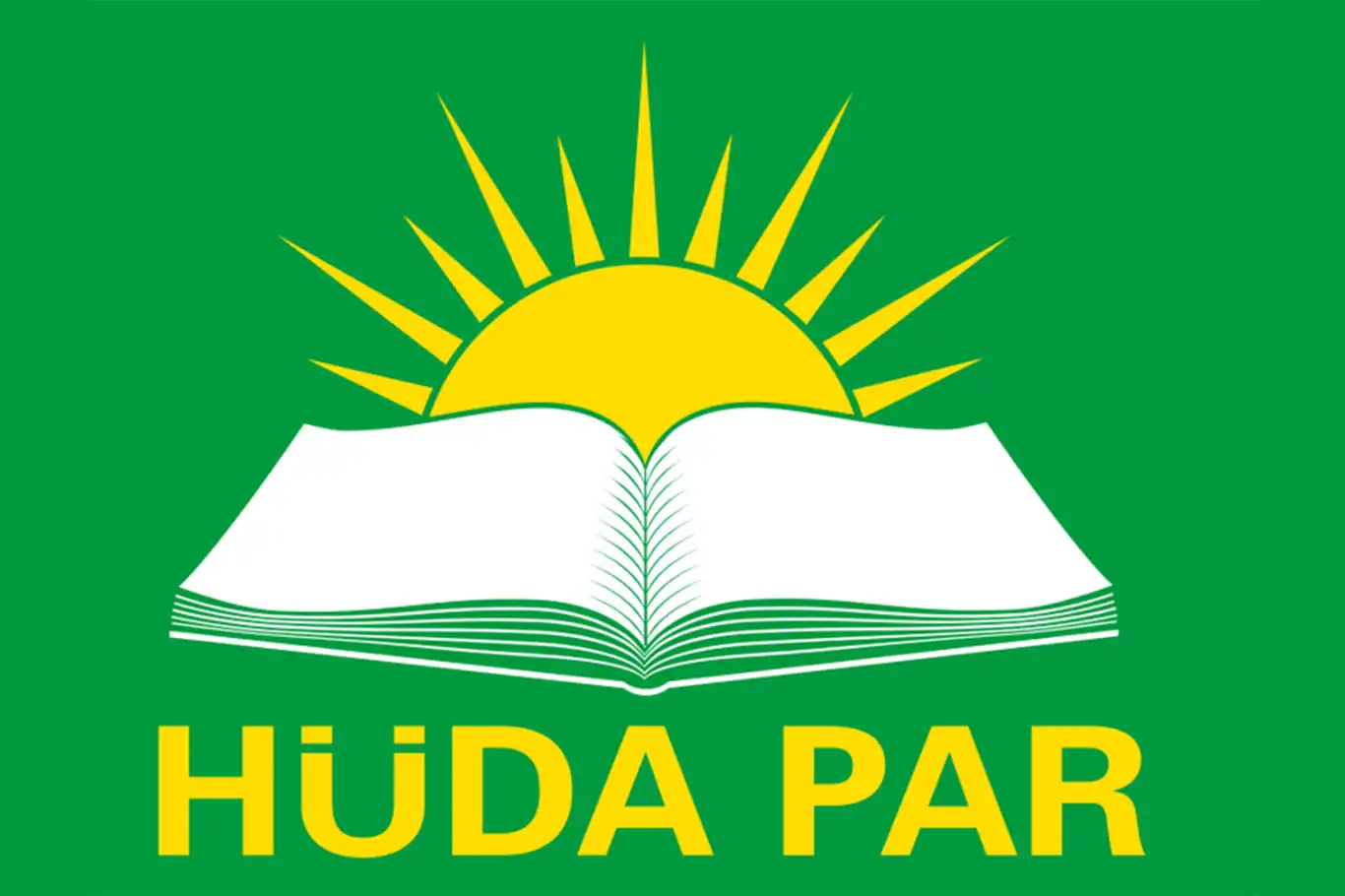HÜDA PAR demands apology for Zîlan Massacre on 95th anniversary


On the 95th anniversary of the Zîlan Massacre, the Free Cause Party (HÜDA PAR) issued a powerful statement demanding that the Turkish government formally apologize for the 1930 slaughter of thousands of Kurdish civilians in the Zîlan Valley of Van Province.
The party, through its Human Rights and Legal Affairs Presidency, urged the establishment of truth and reconciliation commissions, the opening of sealed state archives, and the return of confiscated properties to the victims’ descendants, emphasizing that confronting this dark chapter is essential for justice and lasting peace in Türkiye.
The Zîlan Massacre, which occurred on July 13, 1930, in the Erciş district of Van, remains one of the most brutal episodes in the early history of the Turkish Republic. Historical records indicate that over 15,000 Kurdish civilians—men, women, children, and the elderly—were killed by the Turkish military’s 9th Corps, under General Salih Omurtak, in a government-authorized operation following a Council of Ministers decision (No. 8692). More than 100 villages were razed, and contemporary accounts, including chilling headlines in the *Cumhuriyet* newspaper such as “Zîlan Valley is filled to the brim with corpses,” framed the massacre as a military triumph. The operation was part of a broader campaign to suppress Kurdish dissent in the wake of the 1925 Sheikh Said Rebellion, rooted in policies like the 1925 Eastern Reform Plan and the 1924 Constitution, which HÜDA PAR criticized for rejecting Anatolia’s multi-ethnic character and enforcing assimilation.
In its statement, HÜDA PAR described the massacre as an “unhealed wound in Kurdish memory” and a symbol of systemic violence against the Kurdish population. The party highlighted the ongoing lack of accountability, noting that “despite 95 years having passed, no official apology has been issued, no reparations have been provided, confiscated properties remain unrestored, and state archives remain inaccessible.” Legal efforts to seek justice have consistently failed, the party added, due to a “shield of impunity” protecting those responsible. HÜDA PAR called for the Turkish state to lift this barrier and take concrete steps to address the atrocities committed between 1925 and 1950, a period marked by widespread repression in Türkiye’s eastern provinces.
“Without confronting these historical massacres and violations of rights, peace and tranquility cannot be established,” the statement declared. HÜDA PAR advocated for the creation of independent truth and reconciliation commissions to investigate the Zîlan Massacre and similar atrocities, arguing that such mechanisms are vital for acknowledging past wrongs and fostering societal healing. The party also demanded the return of properties seized from victims’ families and the recognition of the Kurdish community’s right to commemorate their history without censorship or denial.
The Zîlan Massacre took place against the backdrop of escalating tensions in the early Turkish Republic, as the state sought to consolidate power and suppress Kurdish uprisings. Following the Sheikh Said Rebellion, the government implemented harsh policies, including forced displacements, cultural assimilation, and military crackdowns, to Turkify the eastern regions. The Zîlan operation targeted civilians in a calculated effort to quash resistance, leaving a legacy of trauma that continues to resonate within Kurdish communities. Researchers face significant obstacles in studying the massacre due to restricted access to military and administrative archives, and public discourse on the topic remains heavily censored, making HÜDA PAR’s call for transparency and accountability particularly significant.
HÜDA PAR’s statement also underscored the broader implications of historical denial, warning that unaddressed atrocities perpetuate division and hinder national unity. The party urged the Turkish government to take responsibility for the Zîlan Massacre and other human rights violations, emphasizing that an official apology and restorative measures are critical steps toward justice. “The state must confront the Zîlan Massacre, apologize to the victims and their descendants, and take concrete actions to restore their rights,” the statement concluded.
In addition to its demands for historical reckoning, HÜDA PAR paid tribute to those who perished in the Zîlan Valley, offering prayers and expressing solidarity with their descendants. The party reiterated its commitment to advocating for human rights and justice, calling on the public and international community to support efforts to uncover the truth about Türkiye’s past.
The Zîlan Massacre remains a deeply sensitive and understudied chapter in Türkiye’s history, with its legacy shaping ongoing debates about Kurdish rights and state accountability. HÜDA PAR’s statement comes at a time when Türkiye faces increasing calls to address historical injustices, both domestically and internationally.
As the 95th anniversary of the massacre is commemorated, HÜDA PAR’s plea for truth, justice, and reconciliation underscores the enduring need to confront the past to build a more equitable future. The party’s call for action challenges the Turkish state to break its silence and take meaningful steps toward healing a century-old wound. (ILKHA)
LEGAL WARNING: All rights of the published news, photos and videos are reserved by İlke Haber Ajansı Basın Yayın San. Trade A.Ş. Under no circumstances can all or part of the news, photos and videos be used without a written contract or subscription.
Turkish President Recep Tayyip Erdoğan and United Arab Emirates President Sheikh Mohammed bin Zayed Al Nahyan held a phone call on Sunday.
A deadly fire tore through a multi-storey residential building in Ankara’s Çankaya district on Saturday evening, claiming the lives of three people, including a 3.5-month-old baby, and injuring at least 20 others.
Turkish President Recep Tayyip Erdoğan held a phone conversation with Iraqi Prime Minister Mohammed Shia Al Sudani, during which the two leaders exchanged views on bilateral relations, regional developments, and global issues of mutual concern.